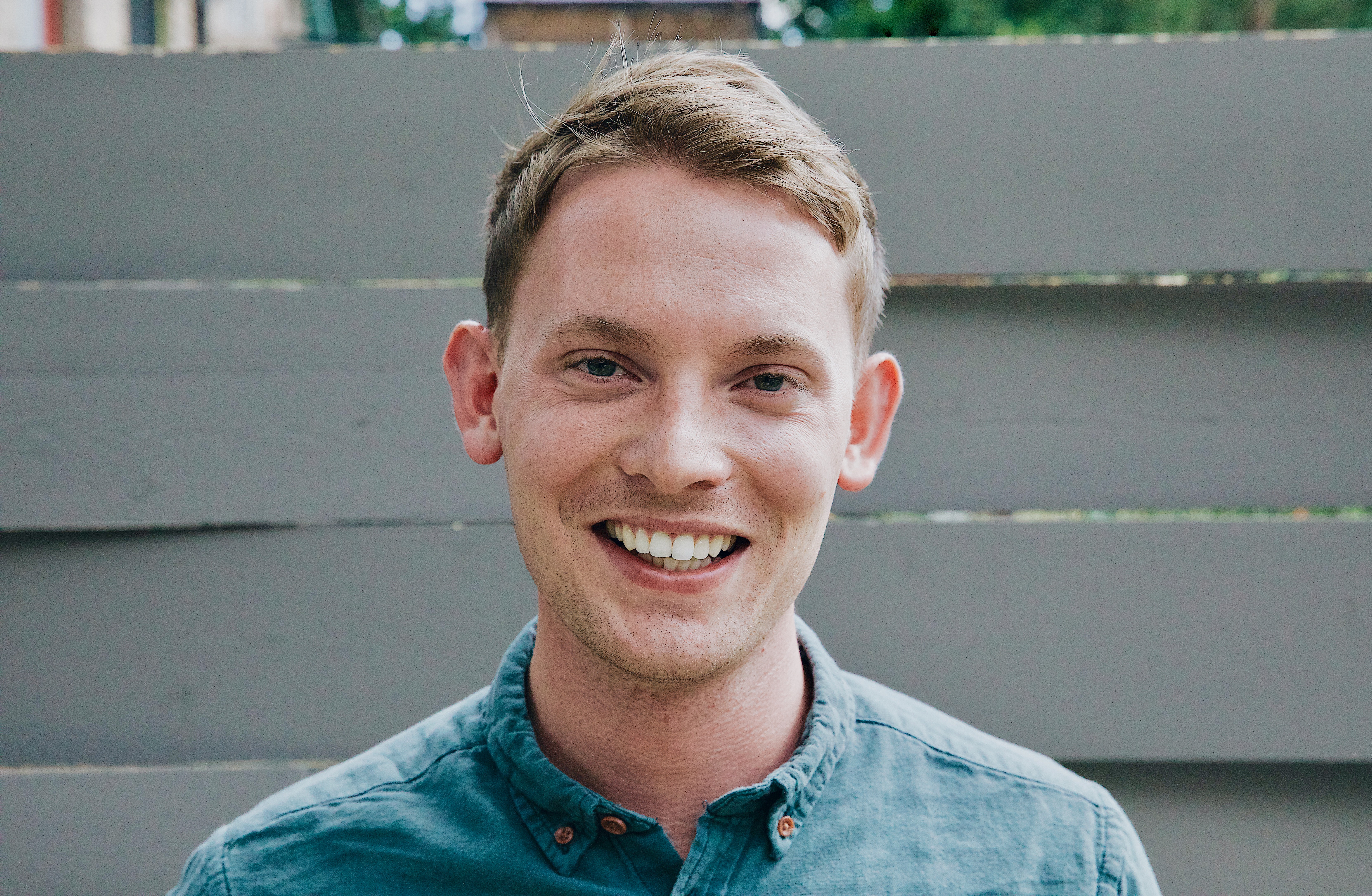It has been over a year since COVID-19 forced us to go into quarantine for two weeks. I remember thinking, “Okay, I can quarantine for two weeks. Two weeks isn’t that bad. I sure am looking forward to things going back to normal after this!” Well, that two weeks turned into a month, then into a few months, then it was through the summer and before I knew it, I had adjusted to wearing a mask in public, maintaining social distance, checking in with friends over the phone instead of in-person, and working remotely. I adjusted, and the quarantine lifestyle became my new normal, even as strange and uncomfortable as it was. Now as the country is reopening, it is hard for many to imagine jumping right back in and readjusting yet again. This stress is called “reentry anxiety.”
A year ago, there was a clear shift that we were going from one way the world was into another as the pandemic permanently affected our lives. It felt like a sudden and dramatic shift. However, post-pandemic reentry is not so clear. There are still people contracting the virus, about 30% (as of the time of this writing) of the US population is now vaccinated, and there are confusing and contradictory policies rolling out. Transitioning into what’s next will not be as clear, sudden, or dramatic. Reopening is a moving target as businesses, states, cities, and the country all figure out what they need, what is responsible, and what they feel comfortable with. Some people are very eager to go back to “normal,” and others are hesitant to reopen too quickly. So, what do we need as individuals to help reduce reentry anxiety?
Normalize
It is important to recognize that it’s okay that we don’t know how to do this. After a demanding and stressful year, it is going to take time to regain the capacity to commute to work, be social, or even dress up in more than a button up shirt and sweatpants for those Zoom meetings. There will be a dozen points of reentry from going to the grocery store to hosting a gathering in our own homes. It’s going to feel awkward and unfamiliar, so be kind and patient with yourself, which brings me to the next point…
Baby Steps
Like those times we’ve been in a dark room and walk out into a sunny day, walking out into a country reopening may have parts that hurt and take time to adjust to, especially after being in that kind of dark room for over a year. Instead of suddenly filling up your calendar with enough social events to make up for the past year, first start with hanging out here and there with a small group of friends. Then, steadily add more onto your plate as you adjust.
Notice What You’re Feeling
As the country continues to open, take time to notice your body. When we become anxious or overwhelmed, our breathing becomes shallow and quicker, and our muscles tighten in our jaw, shoulders, or stomach. If you notice you’re feeling this, take a deep, slow breath, and intentionally loosen your grip in your jaw, drop your shoulders, stretch, and say something kind to yourself like, “I’m okay. I am in control, and I can choose what to do next. I am having a normal reaction to an unfamiliar experience.” Accept what you’re feeling without judgement because with acceptance comes the awareness of what we need to do to care for ourselves.
Communicate
It is so important to communicate what you are and are not comfortable with as we are all figuring out how to reenter. We all have a natural bias to assume that others feel the same way we do. “If I am comfortable/uncomfortable with going out, surely this other person feels the same way.” We get hurt or hurt others when our assumptions are incorrect. Take time to share how you feel or to listen to a friend to understand what they’re going through.
Both/And Thinking
Anxiety is driven by uncertainty and avoidance. When we feel anxious, we often go into either/or thinking that creates an internal dichotomy that induces even more stress. This can look like “I’m excited to see my friends, but I’m anxious to go out,” which can make us feel that we have to choose between the two. Both/and thinking is, “I’m excited to see my friends and anxious about going out.” With that subtle shift, we can more mindfully choose what we want to do rather than be forced into a decision motivated by anxiety.
Our anxiety protects us by creating concern for the future so that we can prepare and keep ourselves safe. With all the change we’ve experienced and the change that is to come, we may feel tempted to let our feelings of anxiety have free reign to try and figure out what’s next so we feel a sense of control. These tips can help us stay present, discern our needs, and make mindful choices in how to reenter well at our own pace. Let’s be patient with ourselves and each other as we’re all figuring it out together!

Gabriel Pfeiffer
Licensed Professional Counselor Candidate (LPCC)
Gabriel Pfeiffer, MA is a Licensed Professional Counselor Candidate (LPCC) at Grace Counseling in Littleton, CO. He specializes in issues related to identity, sexuality, spirituality, anxiety, and depression. If you or someone you know is experiencing any distress related to these issues, please share this blog or his contact. Thank you.
Make a Difference in Someone's Life
If you enjoy reading WGA’s blogs and would like to show your support, please consider making a donation. Where Grace Abounds is a 501(c)3 non-profit organization. The majority of services, including support groups and discipleship counseling, are provided free of charge. Your financial gifts help to cover the costs associated with offering a free program to those who seek WGA’s services.

